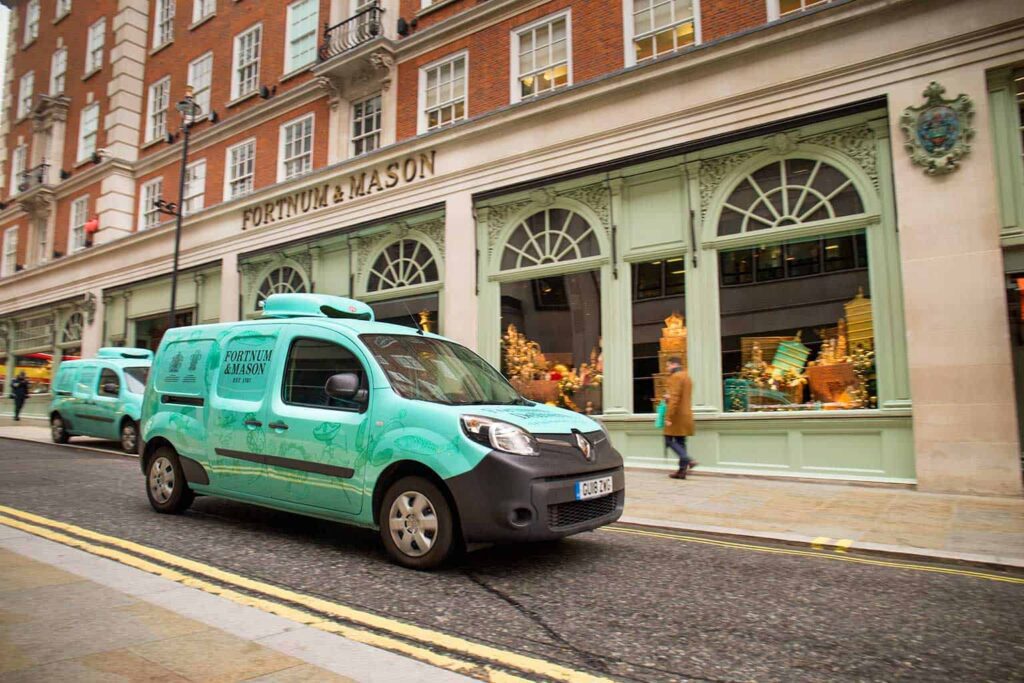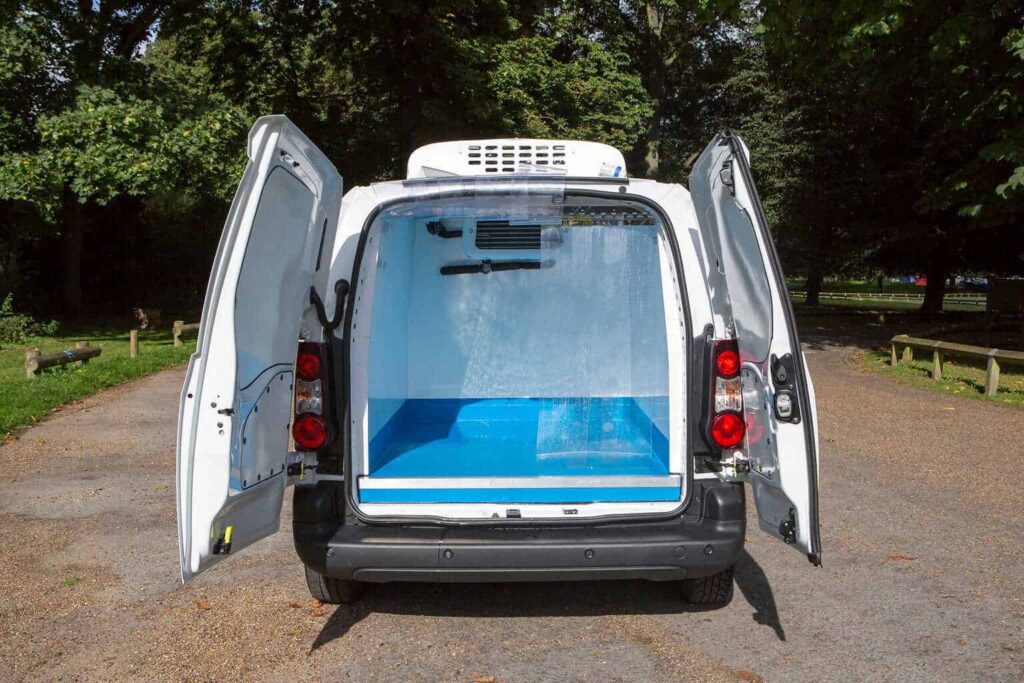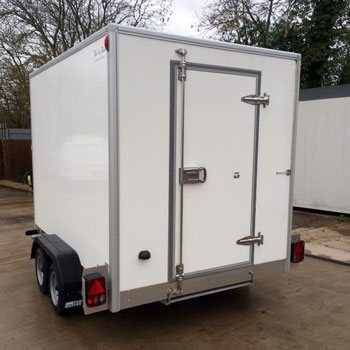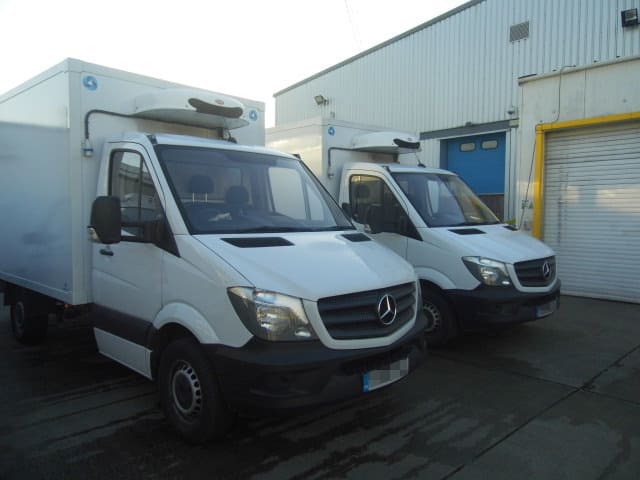Many businesses that use refrigerated vans across the UK tend to review their fleet every so often and work out if they need to upgrade.
One of the more frequent queries we get at FridgeXpress is about switching to an electric van fleet and what sort of factors need to be taken into consideration to make a good conversion to electric.
There’s no doubt that electric vehicles are better for the planet. There’s little doubt also that governments are looking to encourage businesses and private owners to switch.
What Puts Business Off Refrigerated Vans?
One of the big concerns with fridge vans is the national infrastructure. Businesses want to be sure they can top their vehicles up and not find themselves stranded or going out of their way to find a powerpoint. For petrol cars, we have garages every few miles and there’s no such worry.
The good news is that charging infrastructure is improving all the time and there shouldn’t be a problem in getting juice for your van, wherever you are going in the UK or how long your journey is.
There is a range of charging point apps that you can download onto your phone and organisations like the AA and RAC have maps with the points noted.
The Four Factors You Need to Consider Before Switching
At FridgeXpress, we’ve put a lot of time and effort into upgrading our rental and contract hire fleet to include electric vehicles. The UK government is looking to ease away from petrol and diesel vehicles and cities like London are starting to introduce ultra-low emission zones which means there can be additional charges if you are not driving an electric vehicle.
1. Cost
Any business owner will look at the costs first. Of course, with refrigerated vans, you have the option of renting, contract hire and purchasing your vehicle outright.
A short-term hire is a good idea if you’re not sure you want to switch to electric vehicles and it allows you to test things out. Contract hire is comparable to diesel and petrol vehicles although purchasing outright can be more expensive.
You also need to understand the cost of running your vehicle – electric refrigerated vans should be cheaper when it comes to everyday costs compared to petrol ones.
2. Electric Vans Available
The other consideration is the range of vans available. Over the last five years, we’d say, this has improved dramatically and there are some exciting models on the market today with good fuel economies that can be driven for very long distances, some more than petrol vehicles.
More competition in the market means most major manufacturers are now focused on delivering high-quality vehicles at competitive costs. This has largely been driven by governments setting targets for cars powered by fossil fuels.
3. Charging/Range
Most business owners who have never driven an electrical vehicle are confused about charging and the range that a vehicle can cover. As we’ve already said, the charging infrastructure in the UK is growing day by day. The Nissan e-nv200, for example, has a range of between 124 to 187 miles with a rapid charge capability of 40 to 60 minutes.
4. The Rise of Clean Air Zones
While you may not deliver to many cities, clean air zones are not only here to stay but councils all around the UK are either considering them or starting to enforce similar new rules.
This can add considerable costs to a company that regularly delivers or collects from these areas and it’s important to be aware of the changes. In short, driving an electric vehicle will mean you won’t have to pay additional costs for damaging the air.
Combine that with the potentially cheaper fuel savings and the business benefits begin to make much more sense. If you are looking to hire, contract hire or purchase a new electric refrigerated van, contact our expert team today.




